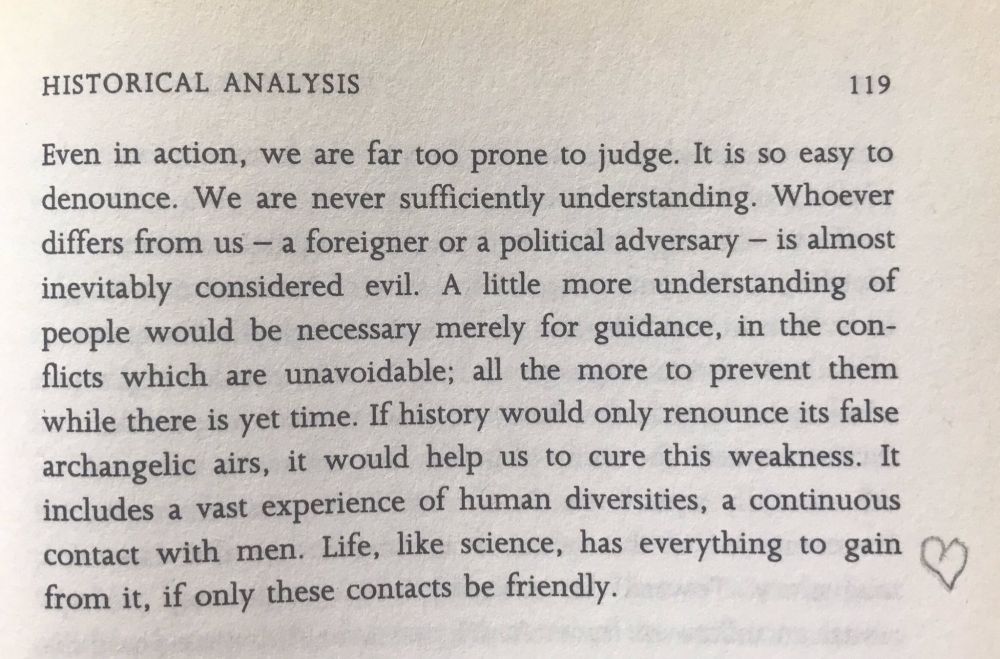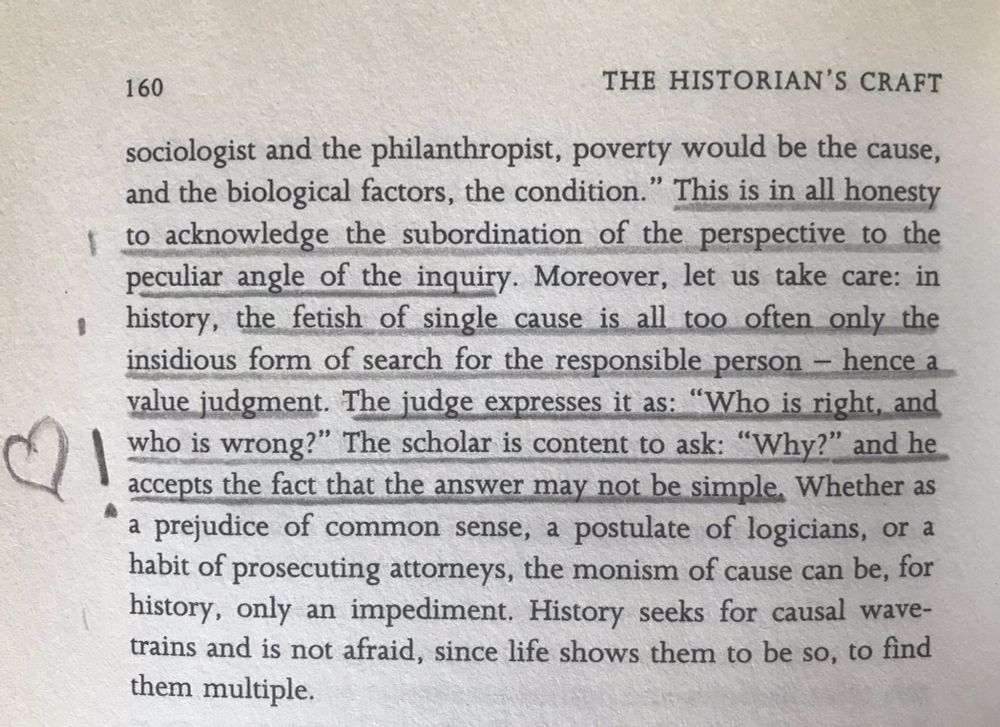Thanks for the awesome question so lovely that you were there! Can’t believe I missed your talk rly hope there’s a next time 😭
07.07.2025 21:52 — 👍 1 🔁 0 💬 1 📌 0
‘Wide Wandring Weemen’ : English Women Travellers to Europe, 1558-1630
I have just had the pleasure of looking through @drchrishiggins.bsky.social's amazing 'Wide Wandring Weemen' database that shows 2000+ journeys of English women throughout Europe and West Asia. #EarlyModern Women MOVED everyone - check it out! 🗃️https://travellers.thedevroom.co.uk/#
27.11.2024 17:14 — 👍 224 🔁 95 💬 14 📌 4

his comrades address him with a look of amazement. "extraordinary! You don't even seem to mind this awful uncertainty!" My friend could have answered that, despite the popular prejudice, the mental climate of research is not so unsympathetic to ready acceptance of the lottery of fate.

Even in action, we are far too prone to judge. It is so easy to denounce. WE are never sufficiently understanding. Whoever differs form us -- a foreigner or a political adversary -- is almost inevitably considered evil. A little more understanding of people would be necessary merely for guidance, in the conflicts which are unavoidable; all the more to prevent them while there is yet time. If history would only renounce its false angelic airs, it would help us to cure this weakness. It includes a vast experience of human diversities, a continuous contact with men. Life, like science, has everything to gain from it, if only these contacts be friendly.

This is in all honesty to acknowledge the subordination of the perspectiv to the peculiar angle of the inquiry. Moreover, lt us take care: in history, the fetish of single cause is all too often only the insidious form of search for the responsible person -- hence a value judgment. The judge expresses it as: 'who is right, and who is wrong?' The scholar is content to ask: 'why?' and he accepts the fact that the answer may not be simple. Whether as a prejudice of common sense, a postulate of logicians, or a habit of prosecuting attorneys, the monism of cause can be, for history, only an impediment. History seeks for causal wavetrains and is not afraid, since life shows them to be so, to find them multiple.
Today's the anniversary of the Nazis executing Marc Bloch. Or, someone who could sit with uncertainty, champion inquiry & trying to understand, and recognise plurality & perplexity. And, in that knowledge, made the choice not to remain passive.
Bloch, Historian’s Craft (MUP, 1992), pp. 64, 119, 160.
16.06.2024 09:26 — 👍 271 🔁 96 💬 3 📌 14

Fellowships and Grants
A couple years ago I put together a little list of yearly fellowships and applications, mostly for early modernists. It includes deadlines, salaries, and requirements. docs.google.com/spreadsheets...
16.11.2024 09:38 — 👍 188 🔁 114 💬 21 📌 7



